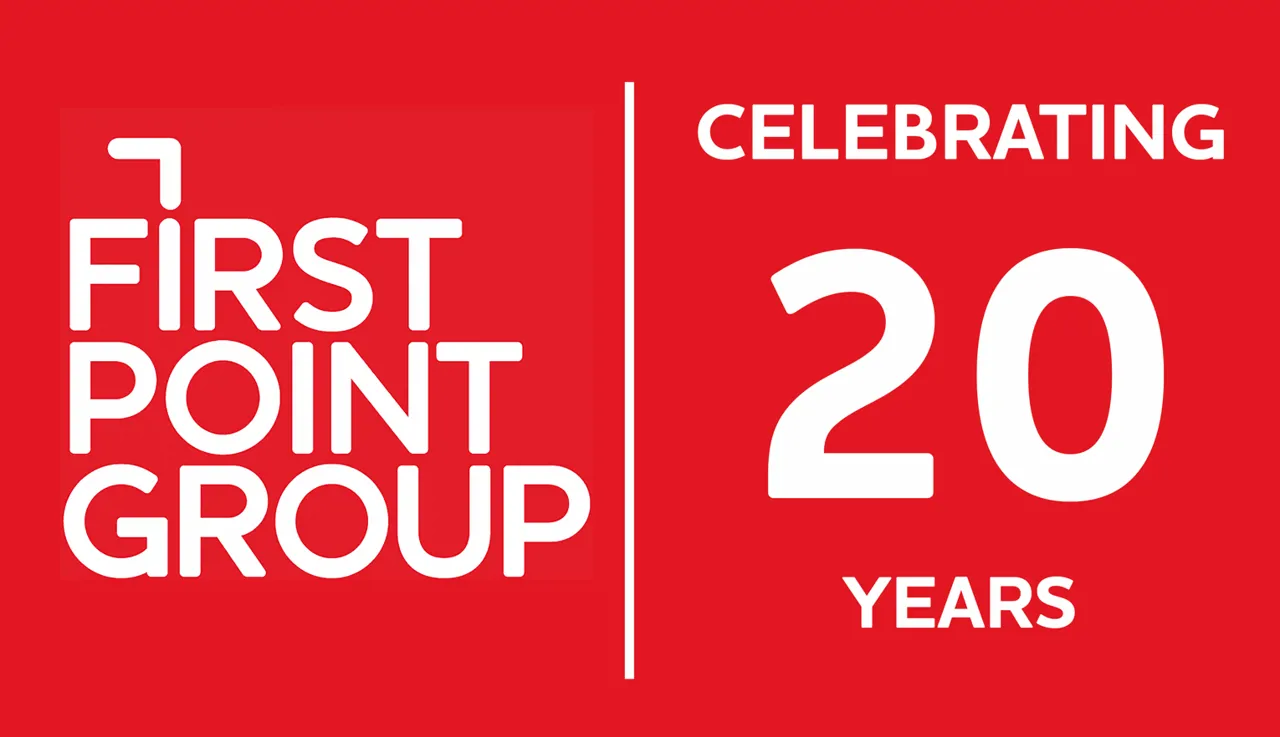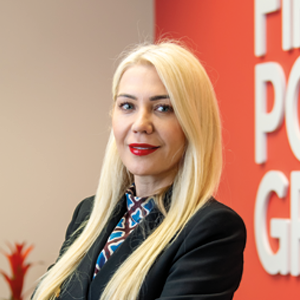
The IoT (Internet of Things) market has experienced significant growth in recent years, although not as fast as initially predicted. As explained in a recent report by IoT analytics, in 2022 IoT enterprise spending reached $201 billion, which was lower than expected. However, the market is still projected to grow at a rate of 19% annually and reach $483 billion in spending by 2027.
IoT adopters are now focusing on several key areas to drive growth. They are prioritizing the development of the IoT software backbone, the creation of IoT applications, and the integration of artificial intelligence (AI) into IoT systems. It is estimated that 47% of IoT applications will have an AI element by 2027.
To succeed in the evolving IoT market, vendors are focusing on several key strategies. First, they are building strong ecosystems of partners to support their go-to-market and delivery efforts. This approach involves collaborating with other companies to develop joint solutions and market their offerings together. Leading hyperscalers like Microsoft, AWS, and Google are notable examples of this strategy.
Second, vendors are shifting their focus from selling universal IoT platforms to providing targeted solutions that solve specific customer problems. This approach is particularly appealing to small and medium-sized enterprises (SMEs) that lack the resources to build their own applications. By offering ready-to-use solutions that bundle hardware, software, and connectivity, vendors can simplify the adoption process for IoT adopters.
Third, vendors are embracing AI and incorporating it into their long-term strategies. As the IoT market moves toward the convergence of AI and IoT (AIoT), vendors with a bold AI vision are likely to have an advantage. Companies like Yokogawa, a Japanese industrial automation vendor, are committed to leading the AI race and believe that AI-based operations are the future of manufacturing.
Lastly, some vendors are choosing to acquire missing pieces of the IoT puzzle rather than relying solely on partnerships. By acquiring companies that provide valuable IoT technologies or applications, vendors can strengthen their offerings and gain a competitive edge. For example, Emerson Electric acquired Aspen Technology to enhance its industrial software capabilities, while Siemens acquired Senseye, a provider of AI-powered solutions for industrial machine performance and reliability.
Laura Jones, Account Manager in First Point Group’s Dallas office, specializes in IoT recruitment, and has noticed the following trends within IoT recruitment:
- There are numerous start-up companies with new emerging technologies who are disrupting the industry. They are far more flexible and can offer significant cost savings to customers. There are a lot of global IoT / M2M / eSIM companies looking to recruit and grow their North American presence in addition to other markets globally.
- IoT security is leading the way with new technology breakthroughs as cyberattacks against IoT devices are on the rise. IoT security solutions will be a major focus with existing and new and up and coming companies. Security is the most crucial issue that needs to be addressed.
- Telco, Automotive, Healthcare, Transportation, Manufacturing and Agriculture are the main verticals that benefit from IoT Applications. My clients are looking for sales and business development professionals with a vast network and experience selling to these verticals in the IoT space.
In conclusion, the IoT market has shown steady growth, albeit slower than initially predicted. IoT adopters are now focused on building the IoT software backbone, developing applications, and integrating AI. Vendors are positioning themselves by building strong ecosystems, offering targeted solutions, embracing AI, and making strategic acquisitions. The future of IoT lies in the convergence of AI and IoT, and vendors that can navigate this shift effectively are poised for success.


 Asia
Asia
 France
France


